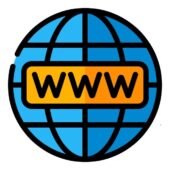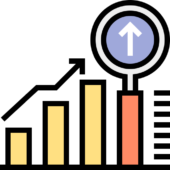EPR Plastic Waste Management| What it is and Why it Matters for a Sustainable Future youtube.com
Hello everyone, welcome to our channel. Today, we will be discussing EPR plastic waste and its impact on the environment. EPR stands for Extended Producer Responsibility, which is a concept that places the responsibility of managing plastic waste on the producers of the products. This means that the companies that produce plastic products are responsible for the management of the waste that comes from their products. Plastic segregation can have several consequences: Air pollution: When plastic waste is burned, it releases toxic gases and particulate matter, which can cause respiratory problems and other health issues. Water pollution: Plastic waste that is not properly disposed of can end up in rivers, lakes, and oceans, contaminating the water and harming marine life. Soil contamination: Plastic waste that is buried in landfills can contaminate the soil and prevent plants from growing. EPR Notifications and Rules The Extended Producer Responsibility (EPR) notification was introduced by the Ministry of Environment, Forest and Climate Change in 2016 as part of the Plastic Waste Management Rules. The EPR policy aims to hold producers responsible for the entire lifecycle of their products, including the management of the waste they generate. Under the EPR policy, producers are required to take responsibility for the collection, segregation, and recycling of their plastic waste. They are also required to meet certain targets for the collection and recycling of their waste. In 2022, the Plastic Waste Management Rules were amended to strengthen the EPR policy. The amended rules require producers to set up collection systems for their waste, either individually or through a collective mechanism. The rules also require producers to use a certain percentage of recycled plastic in their products, to promote the use of recycled materials. Who can Get EPR? Under EPR policies, the term "producer" refers to anyone who manufactures, owns, or imports a product into a country or region.
watch video :- https://www.youtube.com/watch?v=cTLVbghIj9M





1 Comment
Nice blog
Accounting course
Experiential learning
Commerce jobs
Commerce student career
Commerce graduate jobs
Commerce related jobs
Accounting jobs
Accounting course
Experiential learning
Commerce jobs
Commerce student career
Commerce graduate jobs
Commerce related jobs
Accounting jobs